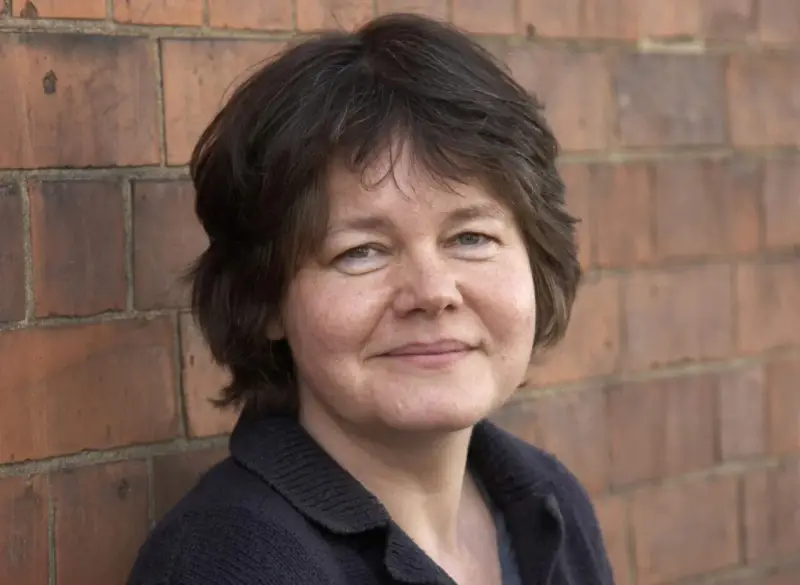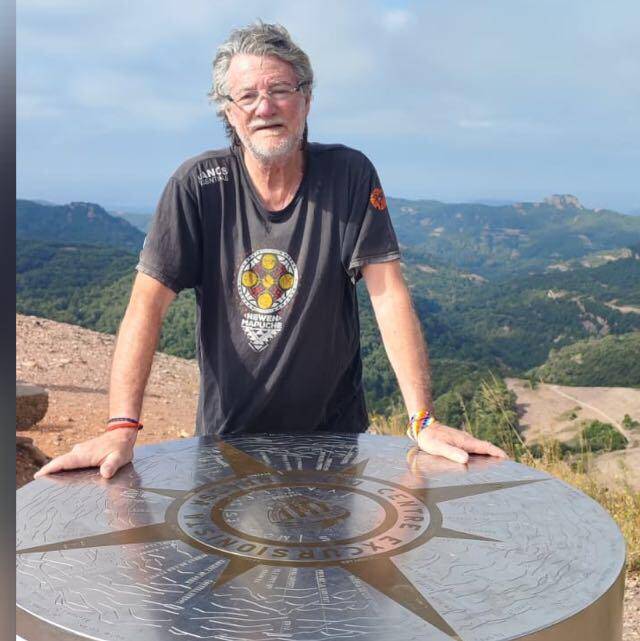Michael Fakhri
Michael Fakhri (Canada, 1977) is a Canadian lawyer, university professor and human rights expert. Since 2010, he has been a professor at the University of Oregon Law School, where he teaches human rights, right to food, development and trade law and, since 2020, he has been the United Nations Special Rapporteur on the Right to Food.
During his practice as a lawyer, Mr. Fakhri fought for the rights of people who were indigent and incarcerated in a psychiatric institution. More recently, his book Bandung, Global History, and International Law (co-edited with Vasuki Nesiah and Luis Eslava) was cited by the International Court of Justice.
He was appointed Special Rapporteur on the Right to Food by the Human Rights Council in March 2020 and assumed his functions on 1 May 2020.

Carolyn Steel
An architect, lecturer and writer, Steel researches the inner life of cities and seeks to develop an approach to urban design that takes into account the routines that shape cities and the way we inhabit them. Steel has led design studies at the London School of Economics, London Metropolitan University and the University of Cambridge. The Ecologist Magazine featured her as ‘one of the UK's top ten visionaries of the 21st century’. Steel had always been interested in buildings, but not just their physical form. She wanted to know how they were inhabited, where the food came in, where the horses were, what happened to the rubbish.... He was fascinated by the public and private divisions within buildings, and the way they subtly intertwined. After studying architecture at Cambridge, she began to look for ways to bring architecture to life and vice versa, which led her to Rome in the 1990s, where she studied the everyday habits of a local neighbourhood; and to the London School of Economics, where she was director of studies for the Cities, Architecture and Engineering programme. There she met architects, politicians, economists, developers, sociologists, housing experts and engineers, all of whom were struggling to find a common ground with which to talk about cities. So Steel came up with the idea of using food for this purpose.

Yasmeen El-Hasan
Yasmeen El-Hasan is UAWC's International Advocacy Coordinator, advocating for Palestinian food sovereignty and amplifying the voices of Palestinian peasants and rural communities on a global stage. She received her BS in International Relations and MA in Arab Studies from Georgetown University's School of Foreign Service. Before UAWC, Yasmeen worked in Washington, DC, supporting targeted human rights defenders in the SWANA region. She has also worked as a researcher and editor, and has been involved in community organizing.

Isa Álvarez Vispo
Educator and agroecologist by profession. In recent years, she has been involved in activism and work for food sovereignty and agroecology through training and research.
At a more local level, she is involved in REDINAM, the Baladre Coordination and Ecologistas en Acción. At a more global level, she is vice-president and in charge of advocacy for the URGENCI Network (International Network for Community Supported Agriculture). From there, she collaborates in different spaces such as the publication of the Right to Food and Nutrition Observatory.
In the last 4 years she has coordinated the Civil Society group for the Voluntary Guidelines for Food Systems and Nutrition within the Committee on World Food Security. In this space, she is also part of the working group for the Guidelines on Gender Equality and Women's Empowerment.
Translated with DeepL.com (free version)

Dee Woods

Angel Strapazzon
In Quimilí, a village in the territory of Santiago del Estero, I discovered that knowledge, science and technology had diverse academic trajectories, as well as the oral and written memory of the people.
I am part of the MNCI, Movimiento Nacional Campesino Indígena, which in turn is a member of the CLOC LVC.
I participated in the creation of the Schools of Agroecology, Communication and Social Psychology of UNICAM SURI. I was an active member of a team in the constitution of an Argentinean agrarian front that became the UTEP AGRARIA. I was an active member of the IPC at the FAO for a decade in order to build radical solutions to the fight against hunger and poverty in the world.
My current dedication takes place in what we call GALAXIAS REFUGIOS DEL BUEN VIVIR, where through agroecology as a therapy technique, we receive young people who were trapped in the nets of violent consumption.

Carles Soler
With experience in research, consulting and data analysis in the field of food sovereignty and food policies, leading several studies and publications on topics such as collective catering, school canteens, shared bakeries, land ownership or public food policies. She is part of the editorial team of the journal Revista Soberanía Alimentaría, Biodiversidad y Culturas, of the cooperative El Pa Sencer SCCL and of the Menjadors Ecològics team,

to be confirmed
...



Crea tu propia página web con Webador